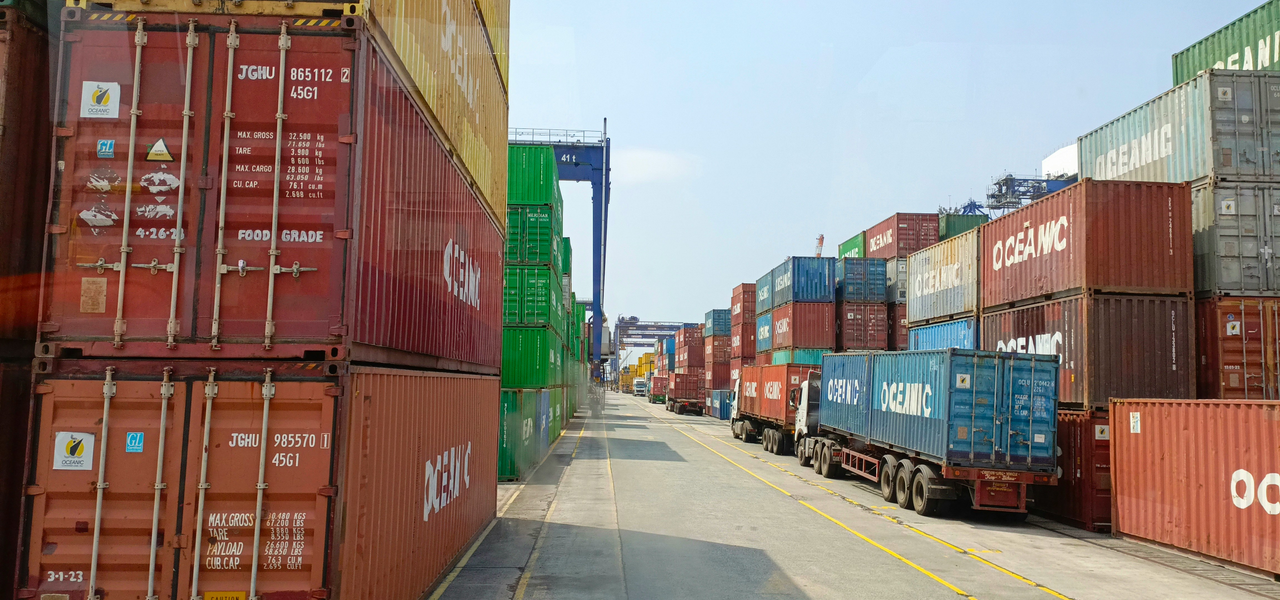When tariffs make headlines, most people think of international trade, supply chains, or the rising cost of everyday goods. For professionals in legislative affairs, however, tariffs represent something larger: a case study in how public policy, politics, and business interests collide.
At their simplest, tariffs are taxes imposed on imported, and occasionally exported, goods. Governments use them to protect domestic industries from foreign competition, retaliate against another country’s trade practices, or generate revenue. While the definition sounds straightforward, the ripple effects are anything but. Tariffs shape industries, influence consumer prices, and often ignite intense political and business negotiations.
For those working in government and public affairs, tariffs illustrate the complexity of policymaking. Rarely do they stand alone. Instead, they are tied to trade agreements, national security considerations, and larger economic goals. Legislative professionals must understand this broader context in order to anticipate how a tariff will affect industries and constituents. The stakes can be high. A single tariff can alter an industry’s competitiveness overnight, prompting businesses to lean heavily on their government affairs teams to protect their interests. Tariffs also generate political pressure. To some constituencies, they symbolize strength and protectionism; to others, they represent barriers to free trade. Navigating these competing perspectives is central to the role of anyone working in the legislative affairs space.
When new tariffs are proposed or implemented, advocacy efforts intensify. Legislative affairs professionals brief lawmakers and staff on industry impacts, coordinate with coalitions of affected businesses, and prepare data-driven talking points to influence committee hearings. At the same time, they must keep a close eye on shifts in public opinion and the political narratives surrounding the issue. For students of public affairs, tariffs bring theory to life by showing how policymaking models and interest group dynamics operate in real time. For businesses, tariffs are a reminder that government relations is not a luxury. It is a necessity when trade policy is on the line.
Looking ahead, tariffs are certain to remain a flashpoint in legislative affairs. As global competition grows and governments work to balance economic security with international cooperation, trade policy will only become more central to the profession. For government affairs professionals, staying informed on tariffs is more than a matter of policy knowledge, it is a strategic imperative.

